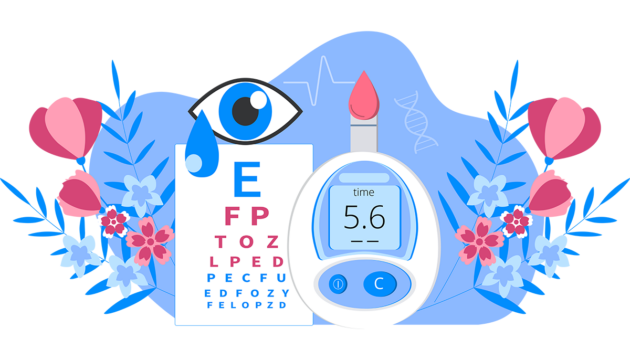Chronic Disease
Our work in Chronic Disease
-
Medicare Coverage of Weight Loss Drugs Could Significantly Reduce Costs
USC Schaeffer white paper finds that increasing access to obesity treatments would help save lives and reduce healthcare costs.
Categorized in -
Benefits of Medicare Coverage for Weight Loss Drugs
The cumulative social benefits from Medicare coverage for new obesity treatments over the next 10 years would reach almost $1 trillion, or roughly $100 billion per year.
Categorized in -
Obesity in the U.S.: Increasing Access to Treatment
Given the serious health and financial ramifications of obesity, policymakers should consider the value of increased investment in obesity treatment efforts.
-
Cancer-Related Technologies Have Changed a Lot. So Should Cancer Screening.
Current cancer-screening and reimbursement paradigms should be revised to recognize the value of new technologies available.
Categorized in -
American Life in Realtime: a Benchmark Registry of Health Data for Equitable Precision Health
Applying artificial intelligence and machine learning to person-generated health data allows unprecedented assessment of associations between everyday life and health outcomes.
Categorized in -
Telling Doctors Their Patients Fatally Overdosed Reduces Opioid Prescriptions Up to One Year Later
Those clinicians who received the letter wrote 7% fewer prescriptions than clinicians who hadn’t received the notification.
Categorized in -
Hidden Physician Financial Conflicts of Interest in Dialysis
Nephrologists’ ownership of dialysis facilities doesn’t affect outcomes, but why is it so secret?
Categorized in -
Shame Won’t Solve America’s Obesity Crisis: How Congress Can Help
If saving lives is the objective, then logic, clinical evidence and compassion dictate that Medicare should pay for preventing and treating obesity, starting now.
Categorized in -
New Dialysis Studies Inform Delivery of Care, Ways to Improve Patient Outcomes
Researchers analyzed the effects of clinic ownership and dialysis timing on patient outcomes.
Categorized in -
Rates of Eye Care and Diabetic Eye Disease among Insured Patients with Newly Diagnosed Type 2 Diabetes
The majority of diabetic patients do not receive adequate eye care within the 5 years after initial diabetes diagnosis despite having insurance.
Categorized in









